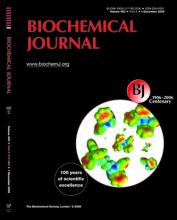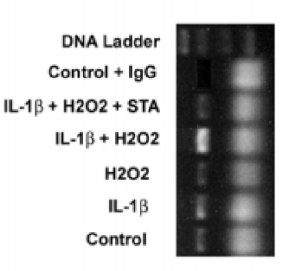 Despite losing a lawsuit against his former mentor, a researcher hasn’t stopped his efforts to discredit his mentor’s work. These efforts have led to new editorial notices — including, most recently, a correction and expression of concern for one paper by a former colleague, who wasn’t even the subject of the lawsuit.
Despite losing a lawsuit against his former mentor, a researcher hasn’t stopped his efforts to discredit his mentor’s work. These efforts have led to new editorial notices — including, most recently, a correction and expression of concern for one paper by a former colleague, who wasn’t even the subject of the lawsuit.
In the 2014 suit, former Brown University postdoc Andrew Mallon said research misconduct by John Marshall — his lab director and former business partner– tainted a 2013 paper published in PLoS Biology. Though the case failed to trigger the retraction Mallon sought, it put his concerns into the public record; the text of the lawsuit includes an accusation of misconduct against Cong Cao — Marshall’s former mentee and the first author of that 2013 paper.
Mallon has since contacted journals to raise concerns about papers by Cao, and two journals have taken action. The most recent move: On Aug. 10, the Biochemical Journal did something we don’t see very often — it issued both a correction and an expression of concern (EoC) for one of Cao’s papers: “EGFR-mediated expression of aquaporin-3 is involved in human skin fibroblast migration,” originally published Nov. 14, 2006. Continue reading More duplications for researcher accused of misconduct in lawsuit






